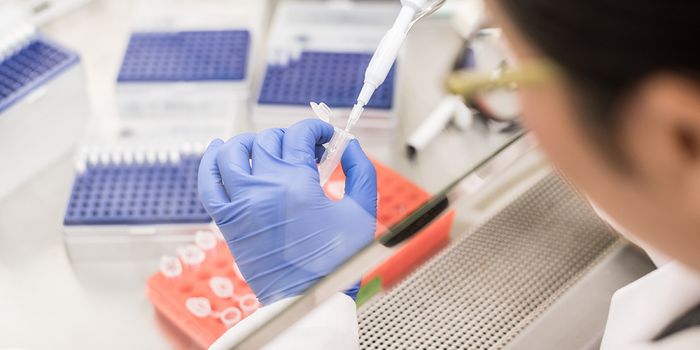In April 2018, Canon BioMedical and Molecular Biology Systems announced the upcoming release of the NEXTGENPCR thermocycler, which can carry out polymerase chain reaction within minutes. PCR is a lab technique used to create up to billions of copies of a specific segment of DNA. PCR, which is used in many branches of science and can typically can take hours, can now be completed in as little as two minutes. This thermocycler is described by the companies as representing the first significant advance in this process in 15 years.
Dennis Snyder, senior director of global commercial operations for Canon BioMedical said:
Time to result is a constant concern for labratorians, and we immediately saw an advantage in incorporating NEXTGENPCR as part of our portfolio. We are, therefore, delighted to secure this collaboration and look forward to rolling out NEXTGENPCR in the U.S. and Canada to both existing and new customers.
A press release explains that NEXTGENPCR achieves these speedy results by approaching the heating and cooling process in a new way; instead of heating and cooling Peltier blocks, it “moves standard format microplates rapidly across three temperature zones already set to the required denaturing, extension and annealing temperatures.” With this advancement in PCR technique, a three-step, 30-cycle protocol that amplifies a 100-base pair fragment can be carried out in less than two minutes.
During PCR, temperature changes are implemented to separate strands of DNA, and then an enzyme is used to synthesize new strands that are complementary to the target sequence. Scientists amplify or copy target regions of DNA that they want to analyze or use in a new way. For example, the copies might be used to study gene functions or in forensics, medical diagnostics, ecology, molecular biology or molecular archeology. PCR has been around since the 80s, when it was developed by Nobel Prize winner Kary Mullis.
“MBS shares in our commitment to high-quality products that improve the laboratory experience,” Snyder said, adding that “ … offering the NEXTGENPCR products to our customers will shorten their protocols without requiring them to change their procedures."
Gert de Vos, the inventor of the NEXTGENPCR, said:
In addition to the plate, it was important to achieve high-speed PCR while also considering those things important to a user such as how much space the instrument takes on the bench, how much energy is used, and, in the end, how much the device will cost.
NEXTGENPCR reportedly has an intuitive interface and can be easily integrated into existing lab protocols and routines. It also greatly reduces the power consumption levels of PCR.
NEXTGENPCR will initially be distributed in the U.S. and Canon BioMedical also holds distribution rights in Canada. Canon BioMedical is a wholly owned subsidiary of Canon U.S.A. and MBS is a Dutch biotechnology company. According to these companies, the global life sciences instrumentation market is predicted to reach a value of $85.1 billion by 2022, with the U.S. and Canada accounting for the largest share.
Sources:










